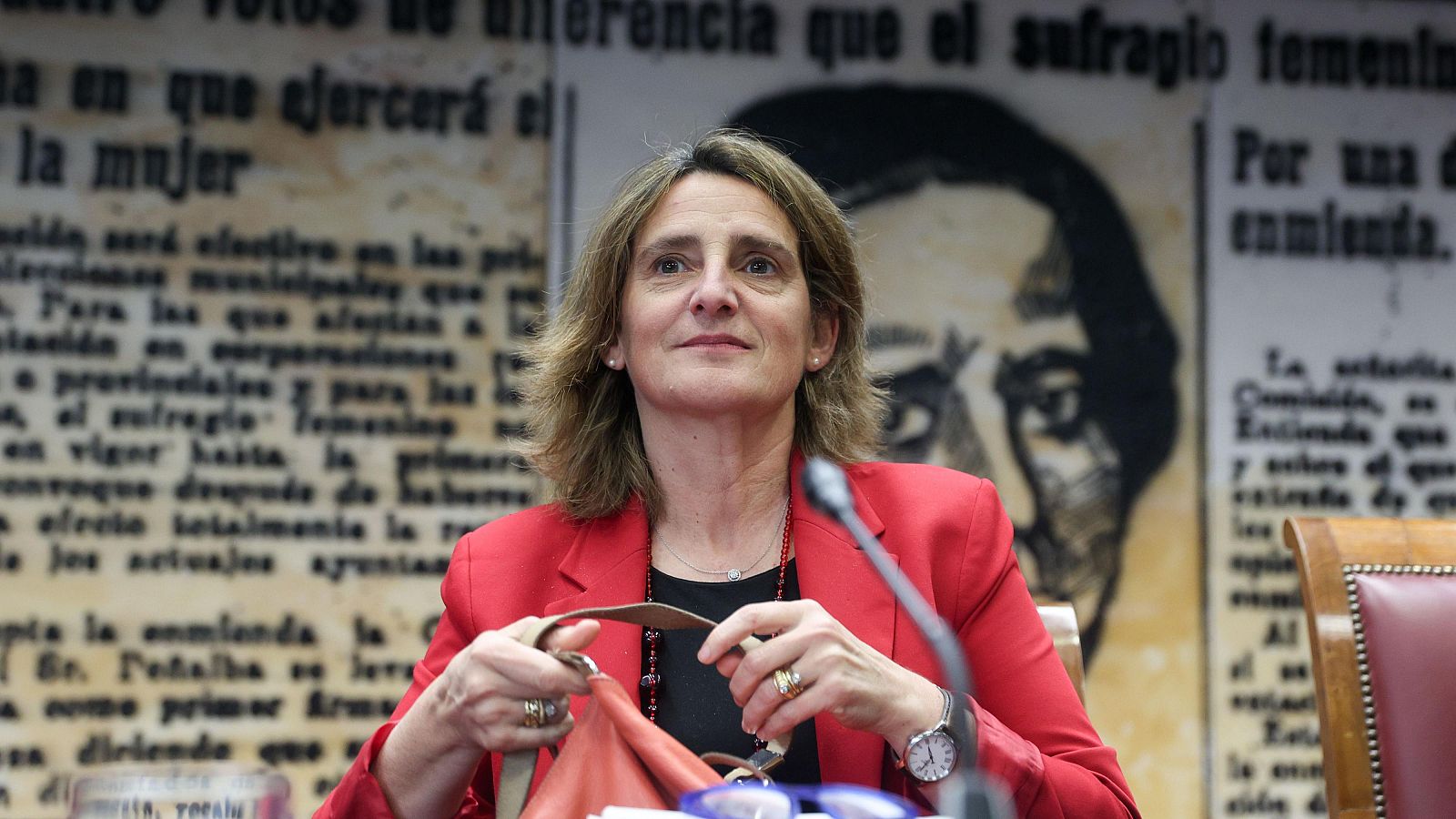Teresa Ribera, the third vice president of the Government and Minister for Ecological Transition and Demographic Challenge, is returning to Europe as the lead candidate for the PSOE in the upcoming European Union (EU) elections on June 9.
During the last term, Ribera has navigated the worst energy crisis in memory from her super-ministry, following Russia’s invasion of Ukraine, focusing climate and energy policies towards the goal of decarbonizing the Spanish economy.
This week, she appeared before the Senate’s Ecological Transition Committee to review the key aspects of her portfolio and pointed out that “the energy-industry pairing will be central in this term.”
Ribera described the opportunity that the current energy situation offers to the country to consolidate a decarbonized and modern industry. “The potential offered by certain electrical characteristics, and, in a slightly broader sense, by incorporating renewable gases, such as our energy map with price expectations as we manage them, makes the modernization of the industrial fabric particularly interesting.”
“These are competitive advantages that should be able to be converted into more investment, more training, more and better-quality jobs, strengthening the value chain and taking advantage of this energy position,” she added.
Ribera’s statements appear to represent a statement of principles regarding industrial transformation in Spain for the rest of the term, both in Spain and in Europe, the future political destination of the vice president. With a policy focused on advancing renewable electrification and with renewable gases as a complement in those sectors that are difficult to electrify. At the same time, as the vice president herself explained in the Senate, green hydrogen is being developed as a renewable gas and as a vector that will make green electricity storable and manageable.

